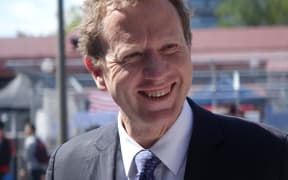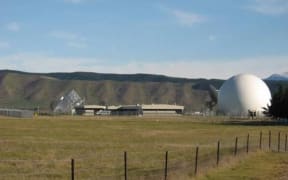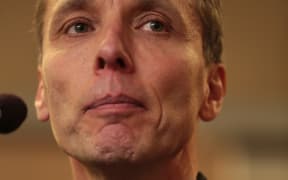Security experts say they don't believe reassurances from a former GCSB boss that the spy agency discards any material it inadvertently collects from New Zealanders.
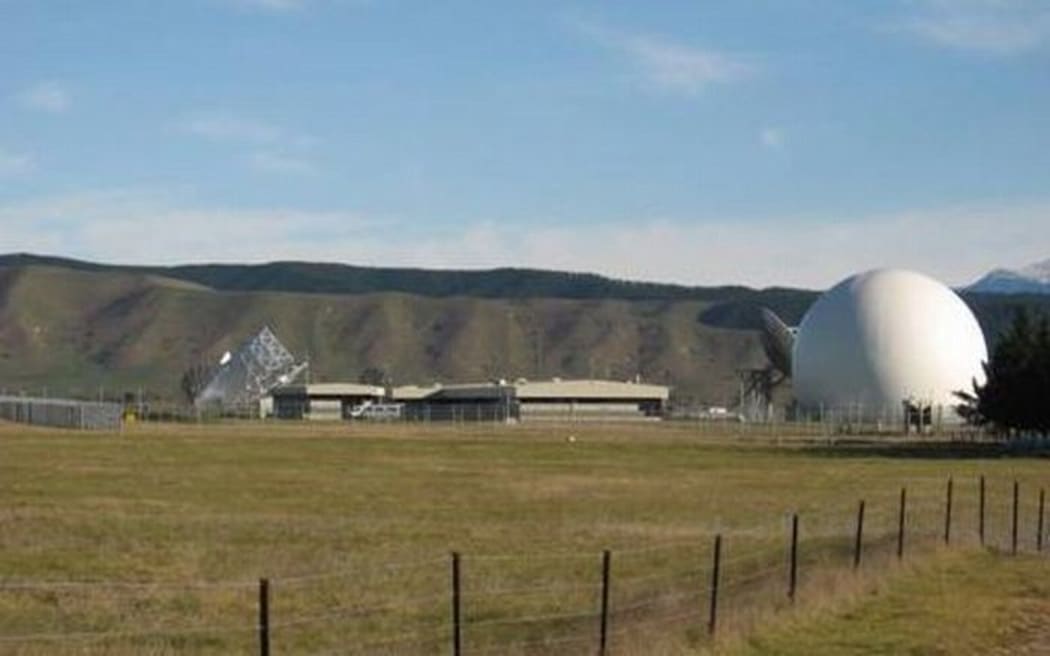
The Government Communications Security Bureau (GCSB)'s spy base at Waihopai, near Blenheim. Photo: Supplied
Investigative journalist Nicky Hager has claimed the Government is conducting mass surveillance in Pacific nations, and passing the information to the United States.
The Green Party has now laid a complaint with the Inspector General of Intelligence and Security, saying thousands of New Zealanders who live or travel in the Pacific could have had communications intercepted.
Last year, both the Prime Minister and the then-director of the GCSB, Ian Fletcher, denied mass surveillance of New Zealanders was taking place.
But the agency's former head, Sir Bruce Ferguson, acknowledged New Zealanders could be among those caught up in the surveillance in Pacific countries.
"There will, at time to time, be inadvertent collection - mass collection of these things - but the [GCSB] Act specifies that they cannot then use that information, unless they've got specific reason."
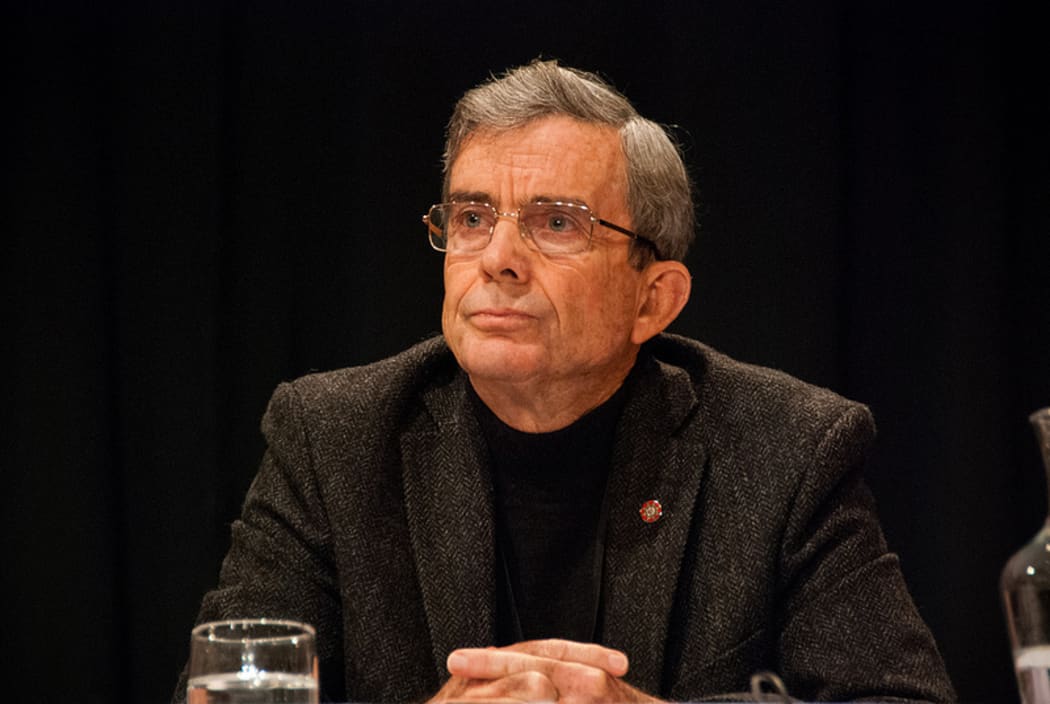
Sir Bruce Ferguson Photo: ANDREW BURNS
Mass surveillance was a necessary tool, Sir Bruce said.
"You cannot these days just actually individually select people. You put out a big net, catch stuff, you throw out the stuff you don't want - you discard it, you get rid of it, you eliminate it - and you keep the stuff you do want."
Sir Bruce said he was 100 percent confident the GCSB was not acting illegally.
But a professor of information science at Otago University, Hank Wolfe, said Sir Bruce was being disingenuous when he claimed the GCSB discarded material collected from New Zealanders.
"Collecting all of that and discarding some of it would mean that someone would have to analyse [it] ... He's talking about huge amounts of data - nobody's going to do that."
Agencies stored what they collected indefinitely, in case it proved useful in the future, he said.
"A bad guy today may be a minister in a church - he's probably not doing anything. Tomorrow, he may be a terrorist - and they can go back and see what he did today. They're not going to throw that away, because it's a valuable asset."
The chief executive of US management consulting firm Noumenal, Marc Demarest, who specialises in big data, agreed with Dr Wolfe.
"We don't do mass collection because we can't be precise; we do mass collection because we don't know in advance what may be useful to know, later."
Even if the GCSB was discarding some material, it was likely to be retained elsewhere, Mr Demarest said.
"One could reasonably assume that if the NSA has access to the GCSB raw data feed, in near-real-time, that it could sieve off a copy of that data, and store it elsewhere."


